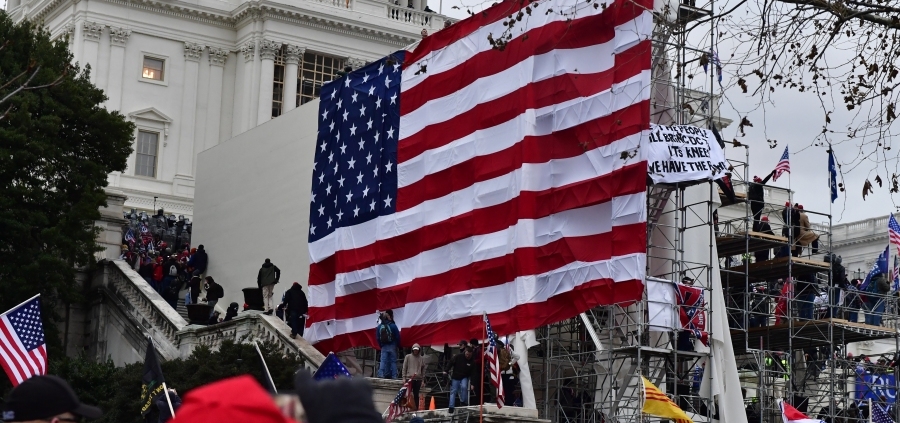Terrorist or Tourist?
Our brains are marvelous and mixed-up memory banks. However, memory is often inaccurate. We recall events through a lens of life experience. Like an artist choosing their medium and palette, the virtuosity of remembering is subjective.
Nobel Prize winner Daniel Kahneman explained memory is an experience recalled. Every occurrence in our lives begins as an experience and is recalled as a memory. Yet, memories of the same experience can differ widely. As a result, people clash over their recollections. “We do not choose between experiences, we choose between memories of experiences.”
In Torah this week, Parshat Beshalach, the Hebrew people came to the Red Sea. Unable to imagine a way forward they panicked. Even though they experienced the miracle of ten plagues, their memory of those events was not sufficiently inspiring to overcome their fears. They could not become a faithful flock because their psyche was impaired and their judgment diminished. The Hebrews had a slave mentality which clouded their memories. They lost faith in God’s awesome power when confronted with another obstacle. Their memories of the miracles they experienced did not activate hopefulness. Rather, the people complained to Moses that they should have stayed in Egypt!
As the story progressed, God performed another astonishing miracle. The waters of the Red Sea parted. New miracle, old framing. Shortly after crossing the sea, the people again complained, this time about the lack of food. Again they questioned why they left Egypt!
The Hebrews experienced God’s miracles, but their memory was impaired by their lack of faith. After all, the condition of a slave is capitulation and hopelessness. Without a framework of faith, they could only anticipate further powerlessness and desperation. The Hebrews could not transform the memory of experience into a positive approach toward the future.
Kahneman’s explanation of how memory is employed may be crucial to healing the rifts in our country. While reflecting on the January 6 insurrection last week, I was baffled as to how people experienced the same event at the Capitol and yet described the participants with different recollections. Were the people entering the Capitol vigilantes or visitors? Terrorists or tourists?
The background of my American canvas is a functioning democratic system with opportunities for advancement. However, the canvas is tinted with my fears of racism and anti-Semitism. Accordingly, I recall January 6 as an insurrection of white supremacists who threatened our democracy. Is my memory accurate? Millions of other Americans recall a justifiable demonstration, born of frustration at a stolen election. Same event, different memories. The key to understanding this discord is to figure out how these contrasting memories evolved.
The Torah of America teaches that we cherish life, protect liberty, and pursue happiness. The American Torah states that all are created equal. Even with the miracles of a free nation, triumphant over enemies, and abundant in resources, many have lost faith in this democratic experiment.
Our Torah describes a lack of faith by our Hebrew ancestors, not unlike our current American experience. Our collective challenge is to restore everyone’s faith in the ideals upon which America was crafted. Maybe then our shared experiences will meld into one life-affirming memory that becomes the backdrop for a free, just, and safe United States.
Rabbi Evan J. Krame






 Evan J. Krame was ordained as a rabbi by the
Evan J. Krame was ordained as a rabbi by the